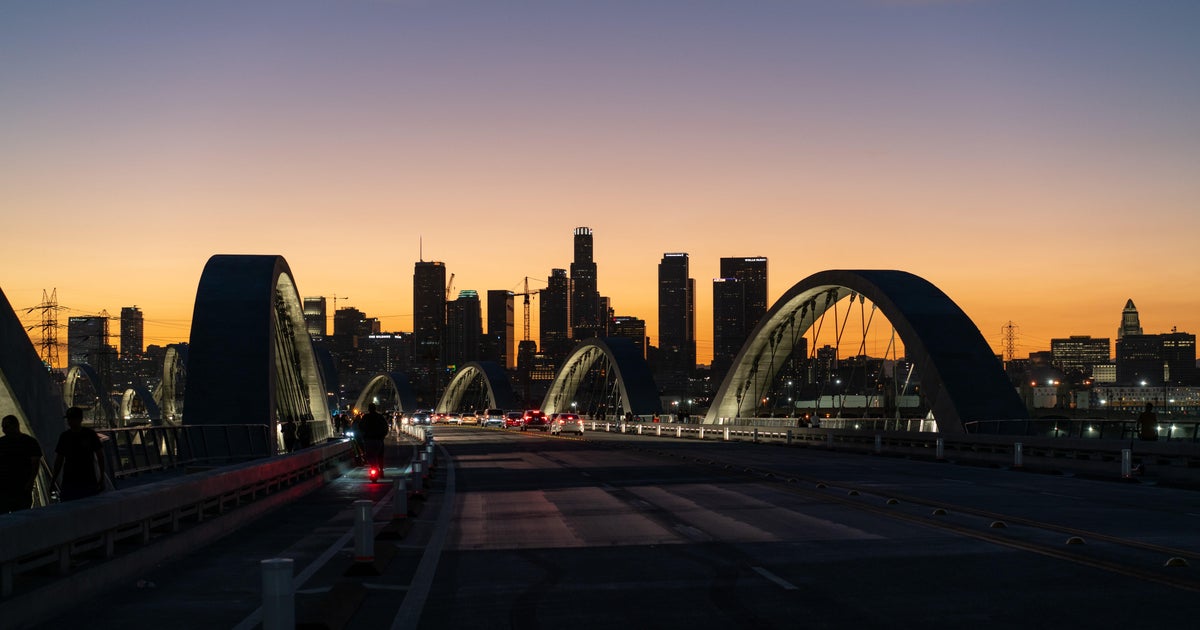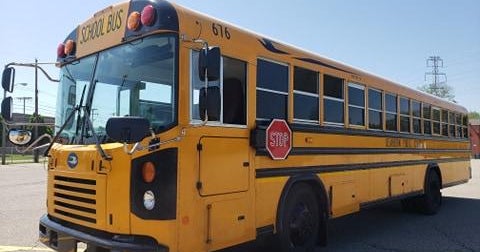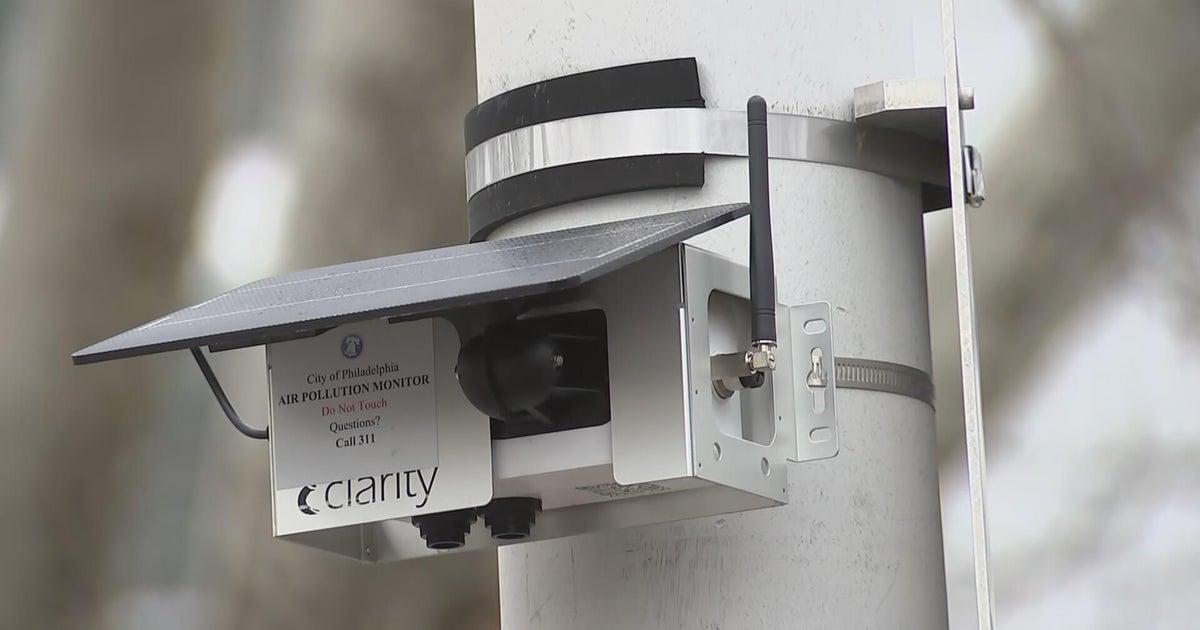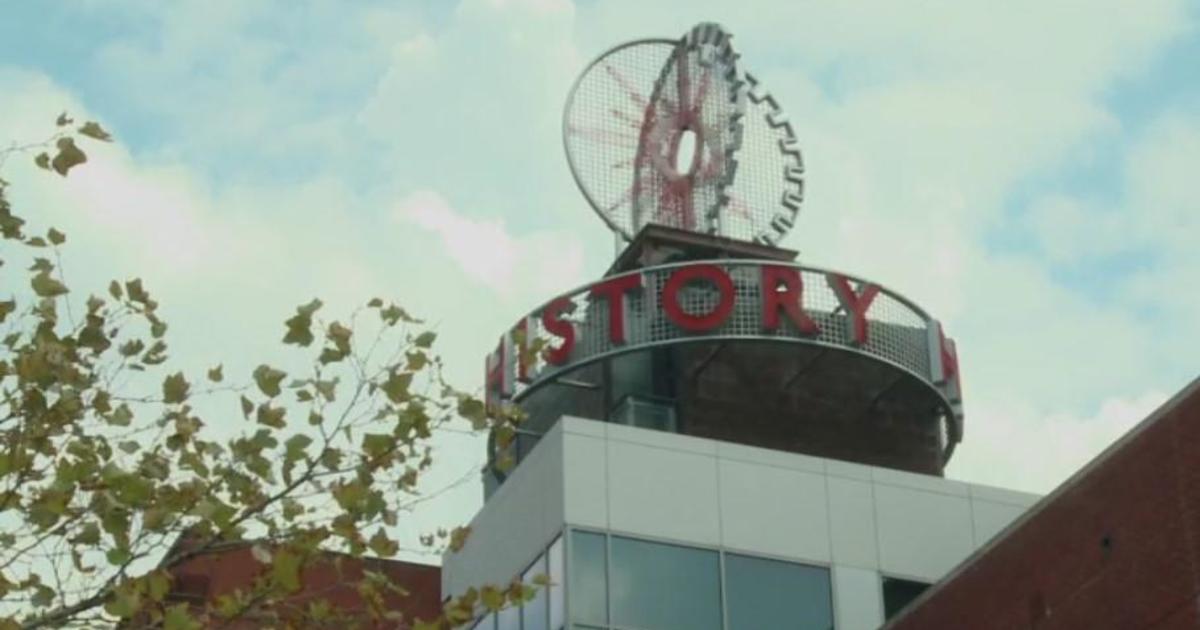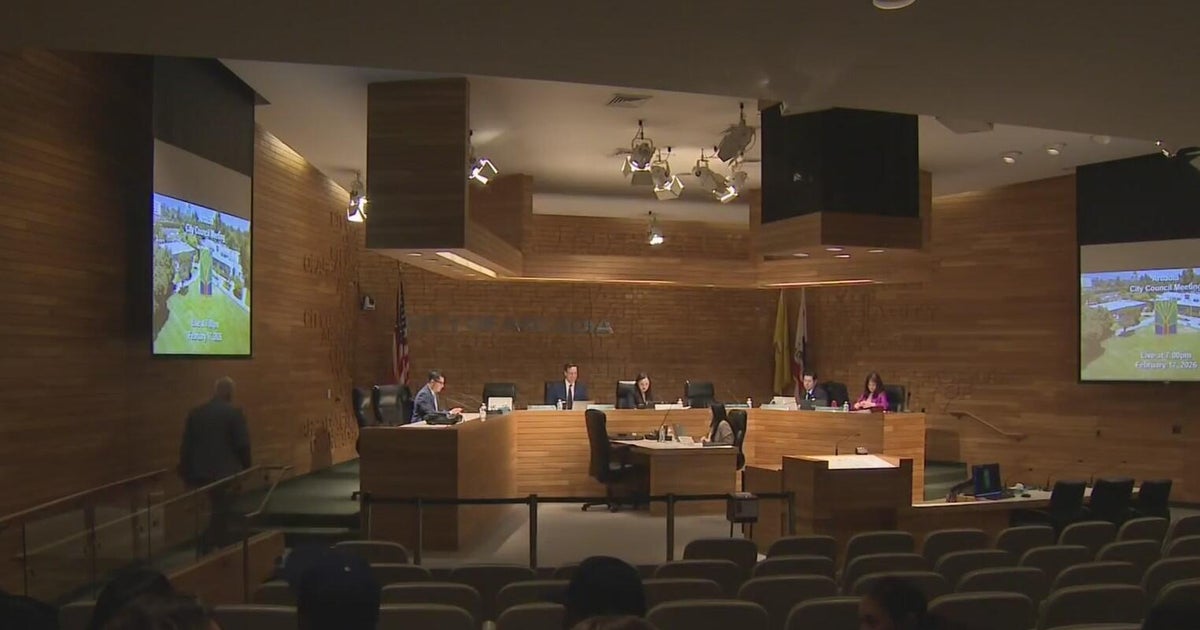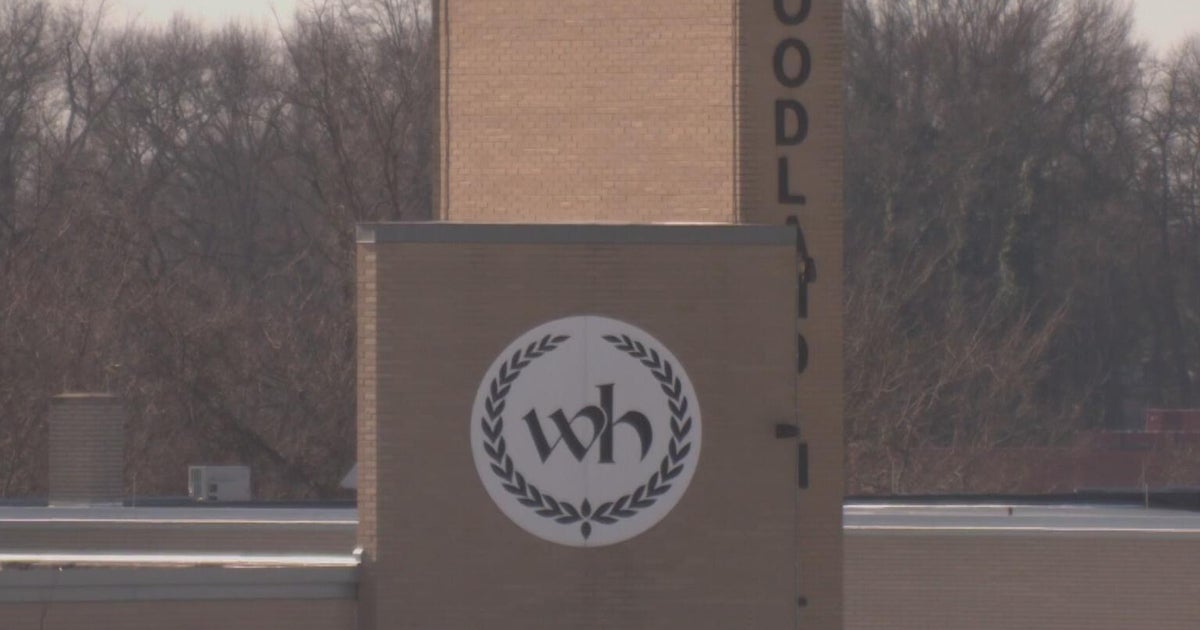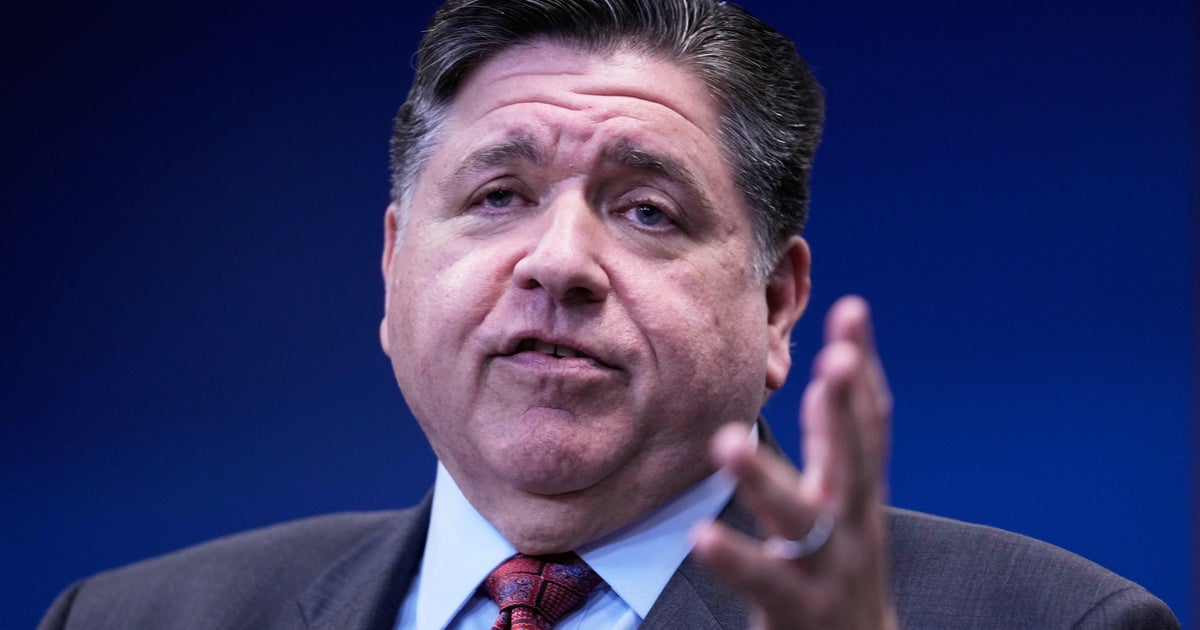A123 Systems Hiring Again Under Chinese Ownership
LIVONIA (WWJ) -- The Livonia-based battery maker A123 Systems LLC, purchased by the Chinese battery maker Wanxiang in January, Wednesday announced that it's hiring again.
Jason Fourcier, formerly vice president of A123's automotive business unit, was named CEO and a member of the board of directors of A123, now a subsidiary of Wanxiang.
"We're happy to report we are growing again," Fourcier said in an interview with WWJ Newsradio 950 technology editor Matt Roush. "We're in the process of hiring again in Michigan, specifically as it relates to the technical, engineering functions, and in purchasing."
Fourcier wouldn't give A123's number of employees in Michigan, but said the company now has 2,000 employees nationwide.
Fourcier said the new A123 expects revenue of about $200 million this year, and 20 percent year over year growth in each of the next three years. He said the company "expect to hit a breakeven point and profitability in 2015."
Other members of the A123 board are Pin Ni, president of Elgin, Ill.-based Wanxiang America and son in law of Wanxiang Group founder Lu Guanqiu, and Tom Corcoran, an independent turnaround consultant
Wanxiang is one of China's largest non-state-owned businesses with $22 billion in annual revenue.
In a press release, the company said the transportation business will retain the A123 Systems brand. Ed Kopkowski, A123's former COO, was named president of the transportation group. And Bud Collins remains president of the A123 Energy Solutions business unit, which is focused on grid energy storage and commercial battery applications.
Meanwhile, Mujeeb Ijaz, A123's former CTO, has been appointed president of a new division, A123 Venture Technologies, formed to make investments in battery technology startups and manage the company's research and development activities.
Before its bankruptcy, A123 was based in Waltham, Mass. It was founded in 2001 based on materials originally developed at the Massachusetts Institute of Technology. In 2006, it acquired the Ann Arbor battery technology startup T/J Technologies. In 2010, it secured a $249 million grant from the United States Department of Energy -- of which $129 million was used to build A123 plants in Livonia and Romulus. (A total of $132 million was disbursed before the bankruptcy.)
A123's advanced technology helped make lithium-ion batteries safe and reliable enough to use in high-voltage auto applications, but other competitors quickly advanced as well. And in Livonia, A123 experienced manufacturing quality problems, most notably when the battery pack in a Fisker Karma failed due to a manufacturing error when the vehicle was being tested by Consumer Reports magazine.
Johnson Controls Inc. lost out to Wanxiang in the bankruptcy bidding for A123, which took place over the objection of some local politicians worried about giving up U.S. intellectual property to the Chinese.
A123 continues to supply batteries to hybrid vehicles and other applications for companies like General Motors, BMW, the Chinese automaker SAIC, Daimler and BAE Systems. Production in Michigan supplies the Chevy Spark EV battery system.
Fourcier noted that A123's battery plants "have been operating continuously since we opened them in September 2009" and that "yields and quality levels are at an all-time high." He added that future production will be increasingly focused on lower-voltage (12- or 48-volt) so-called mild hybrids that use larger batteries to turn off the gasoline engine when a vehicle is at rest. Such systems can add several mpg to vehicles, particularly in city driving, at a more modest cost than a full hybrid system.
More at www.a123systems.com.
